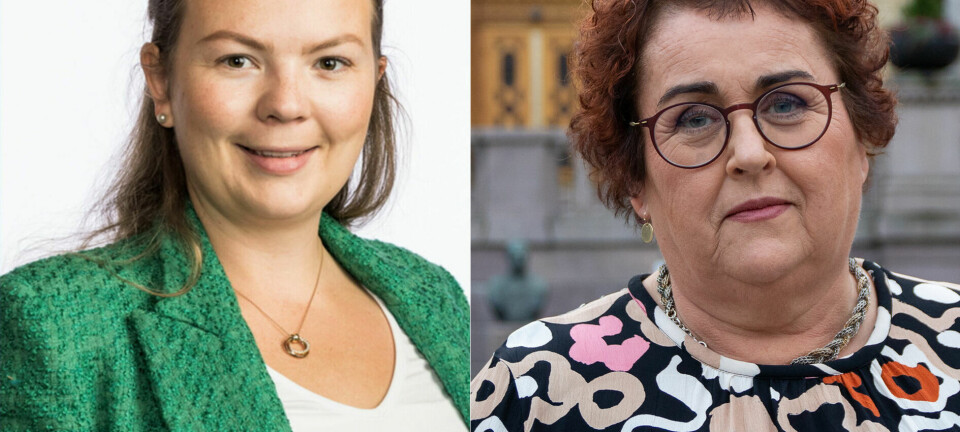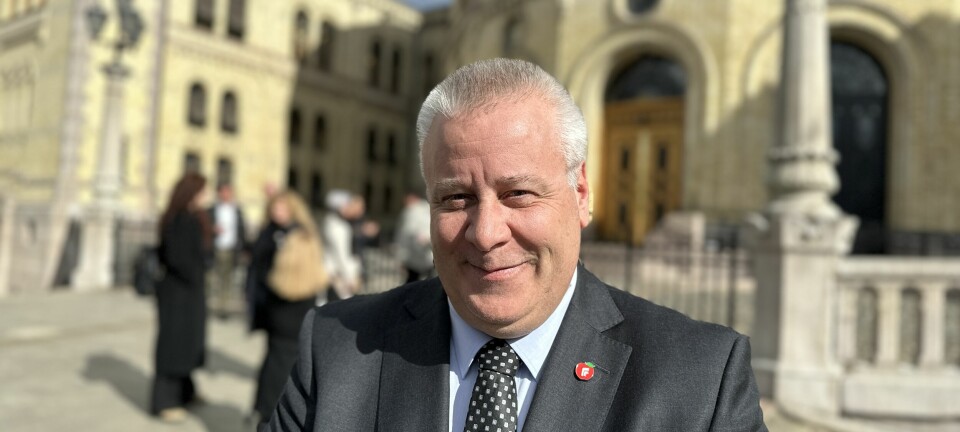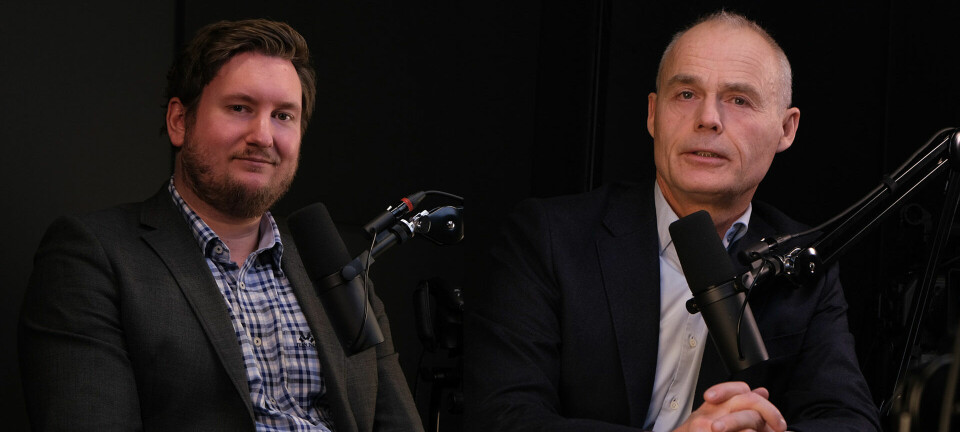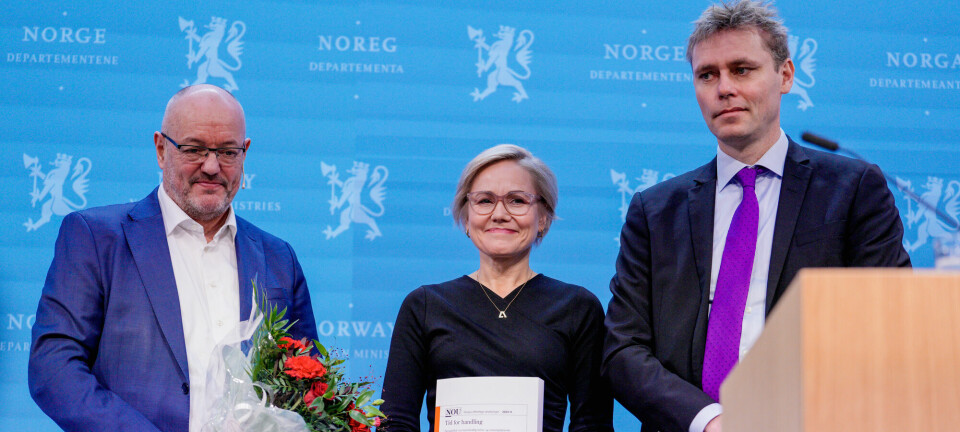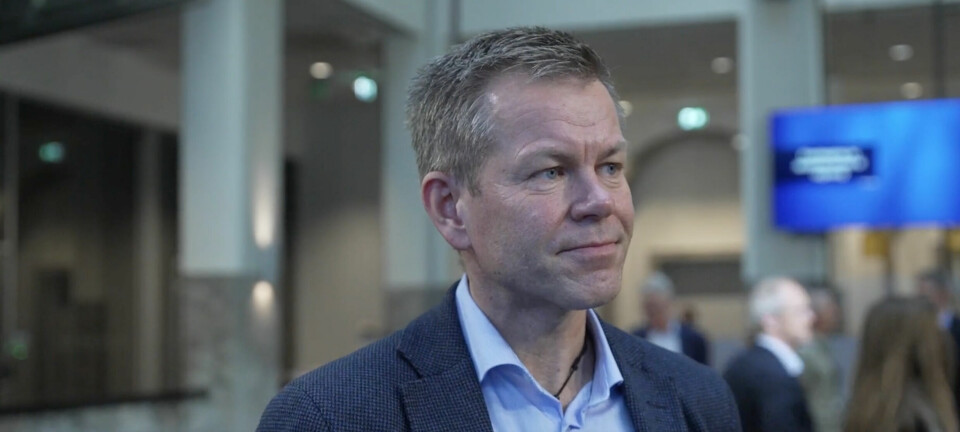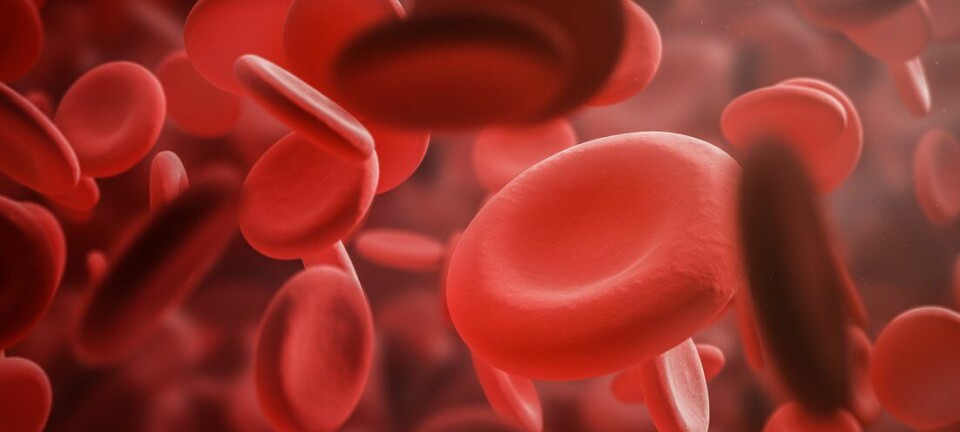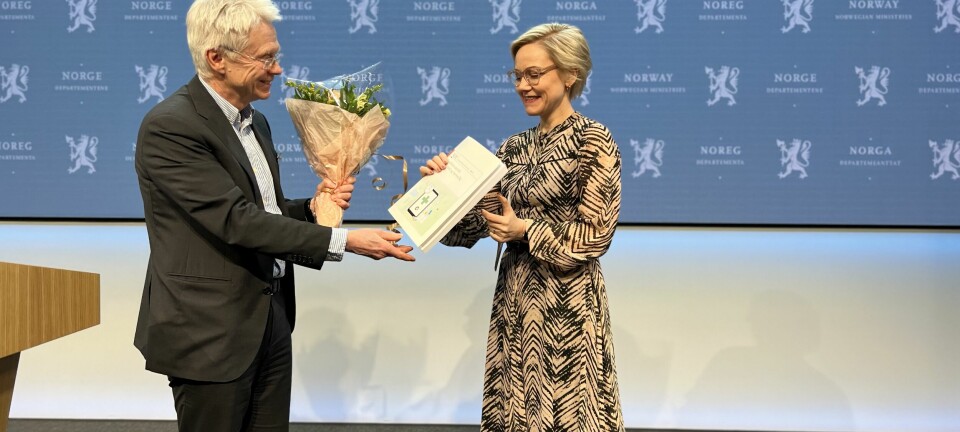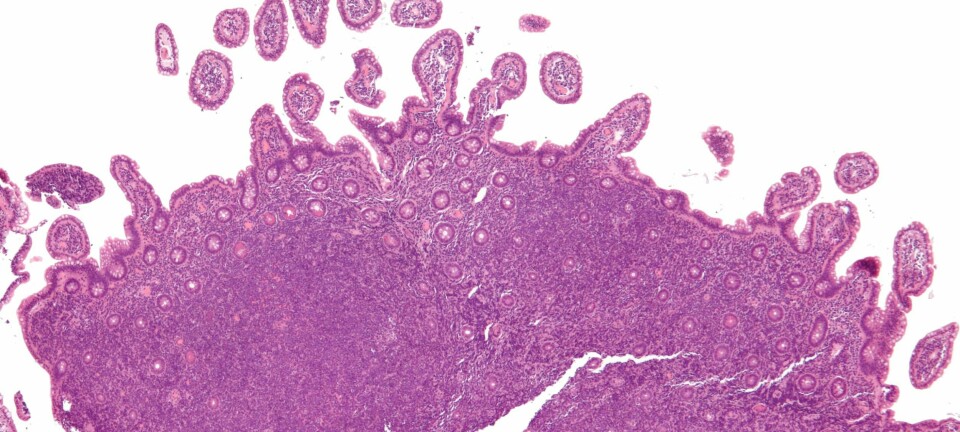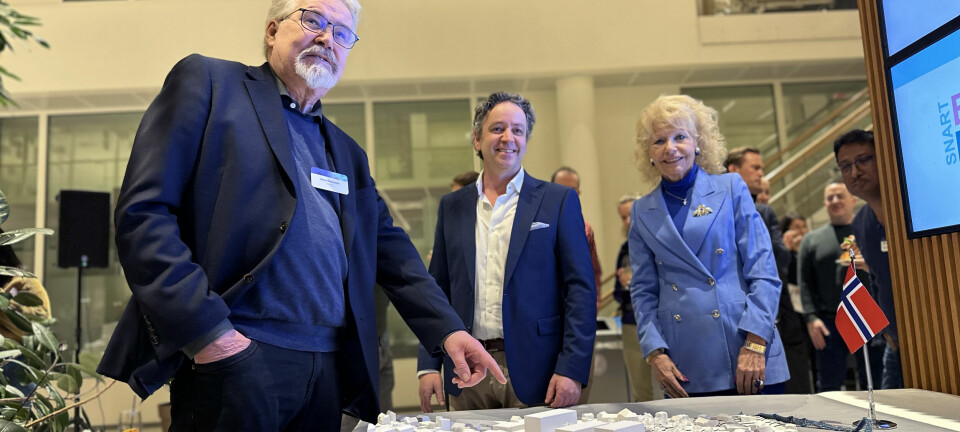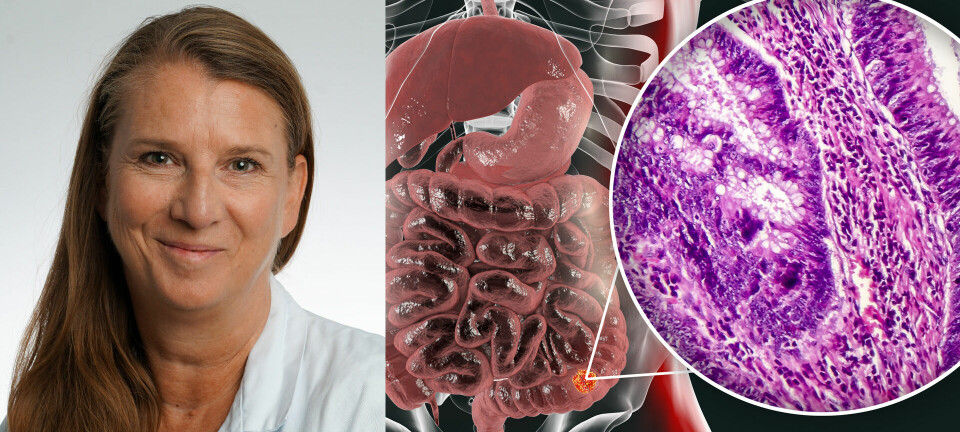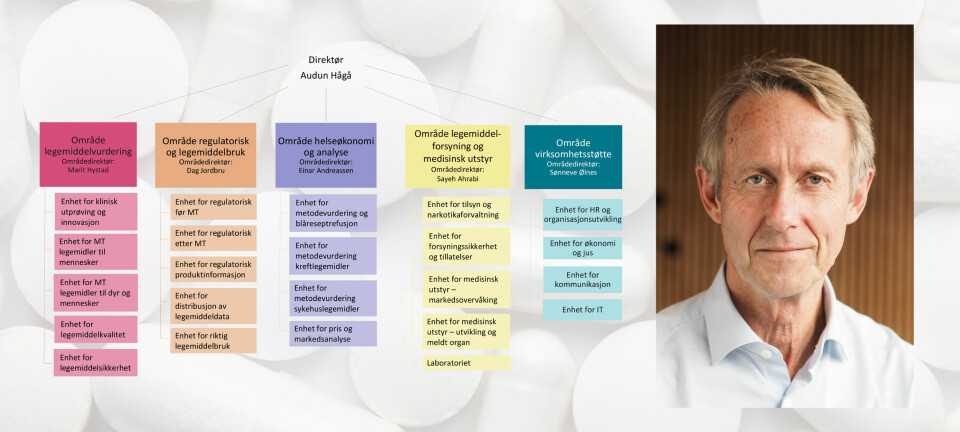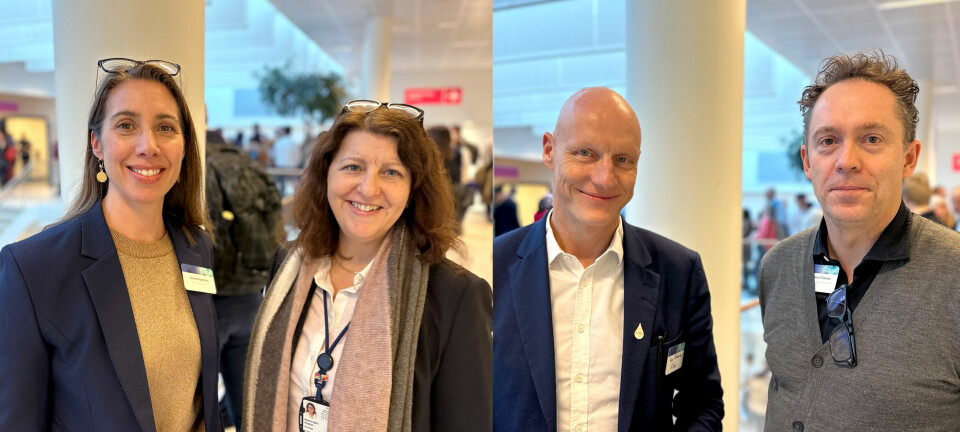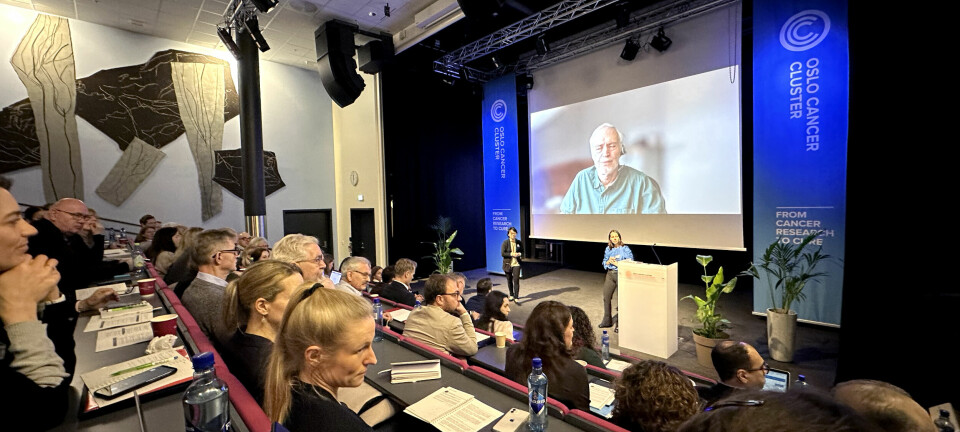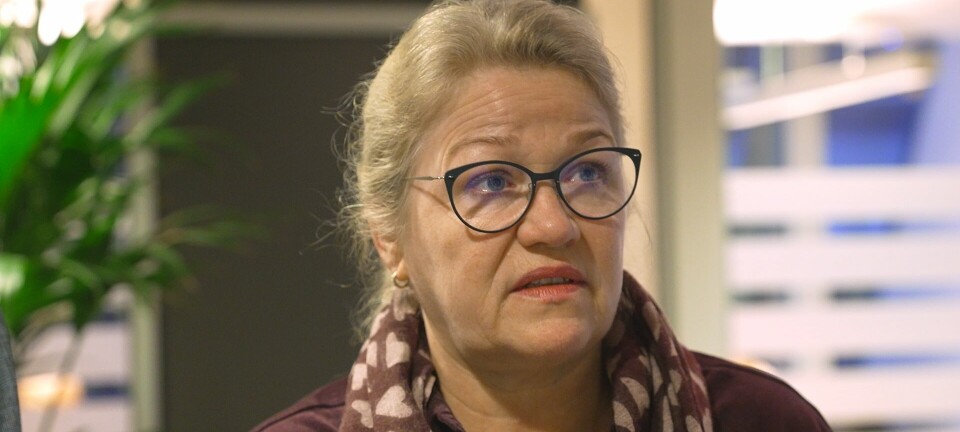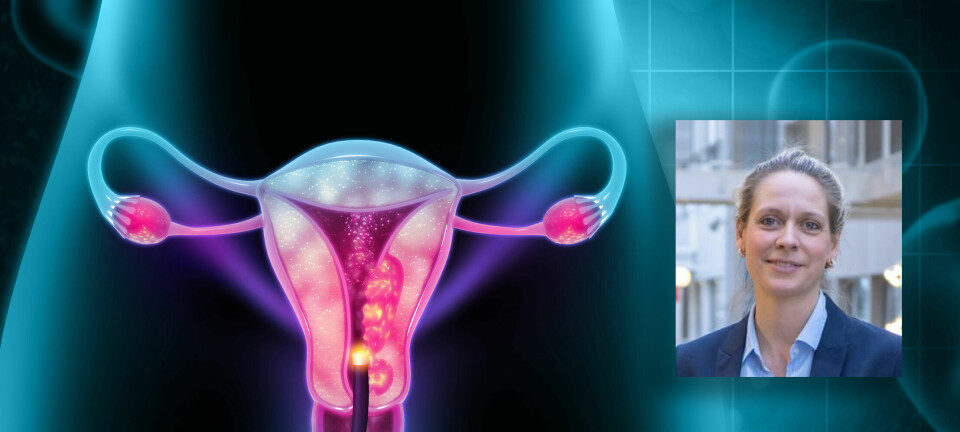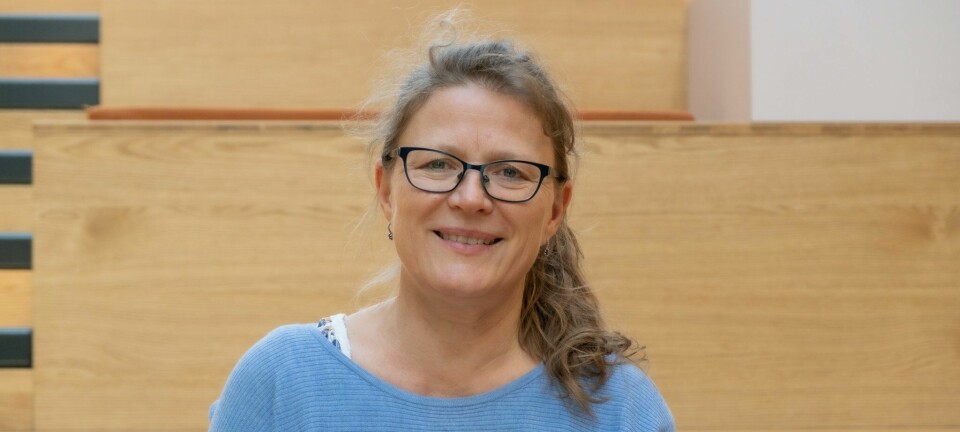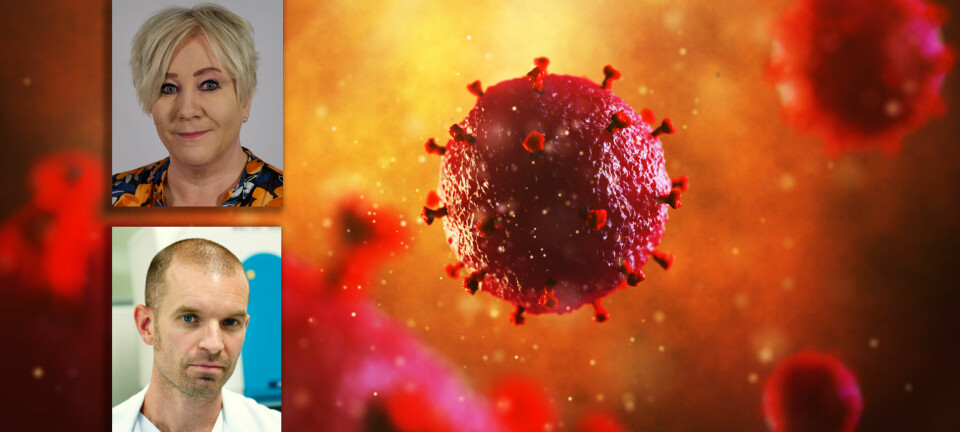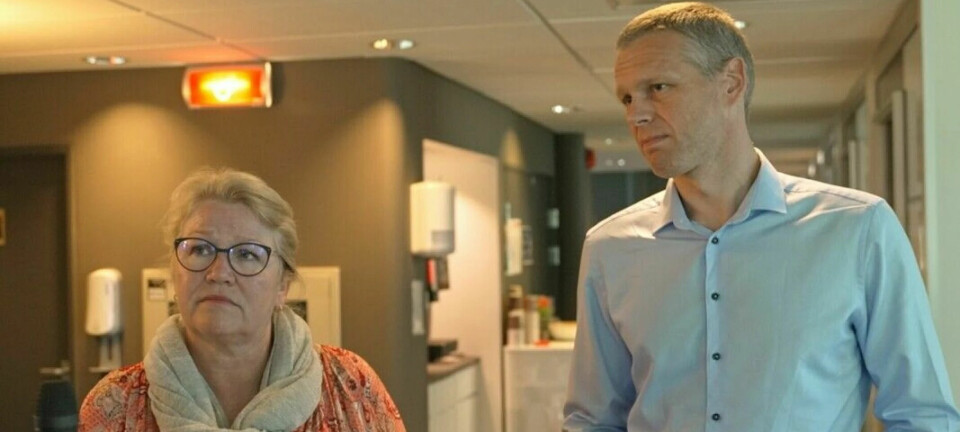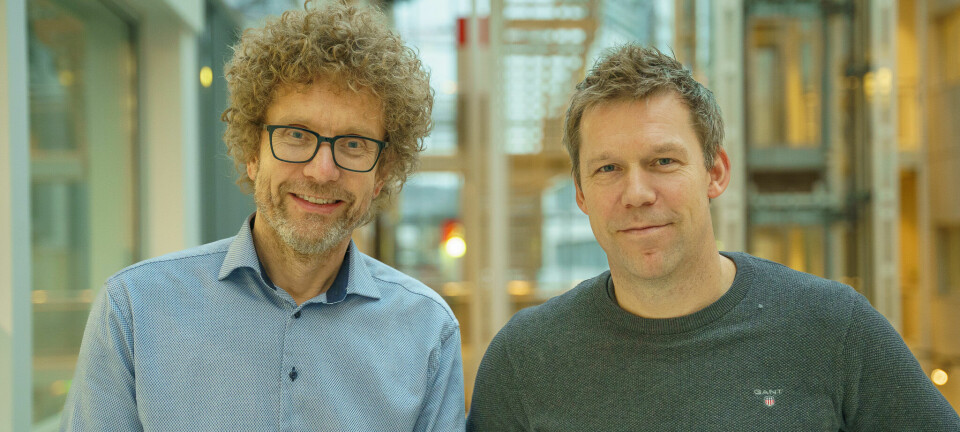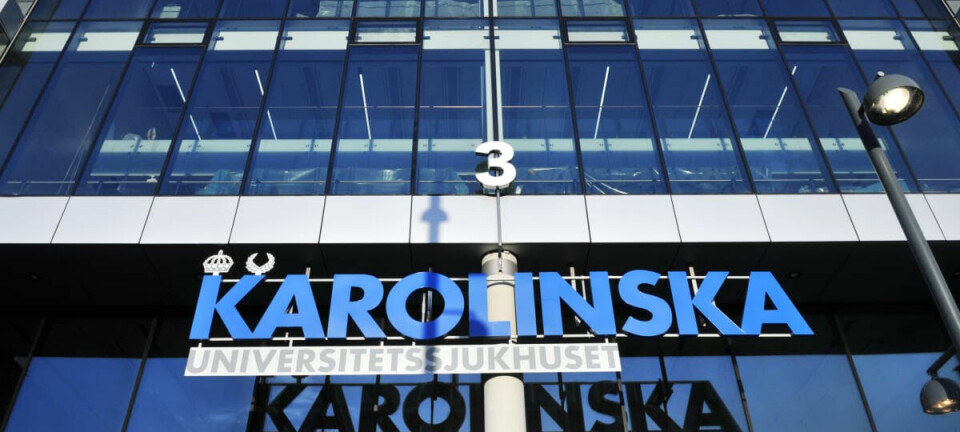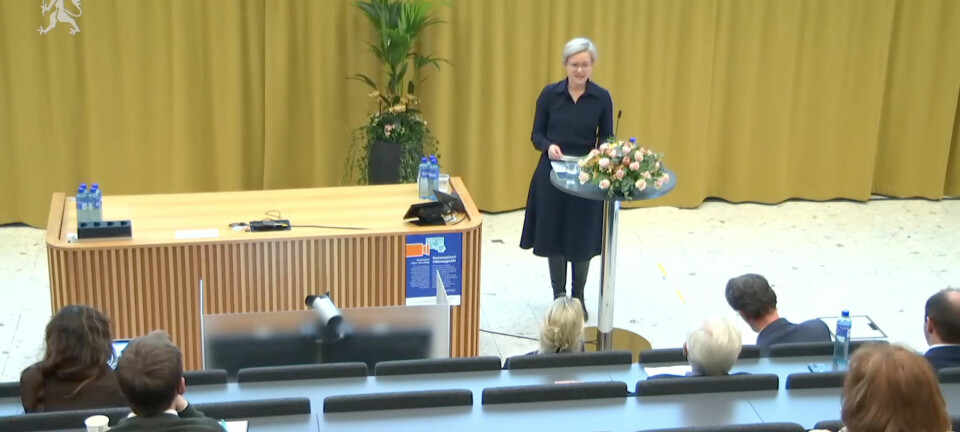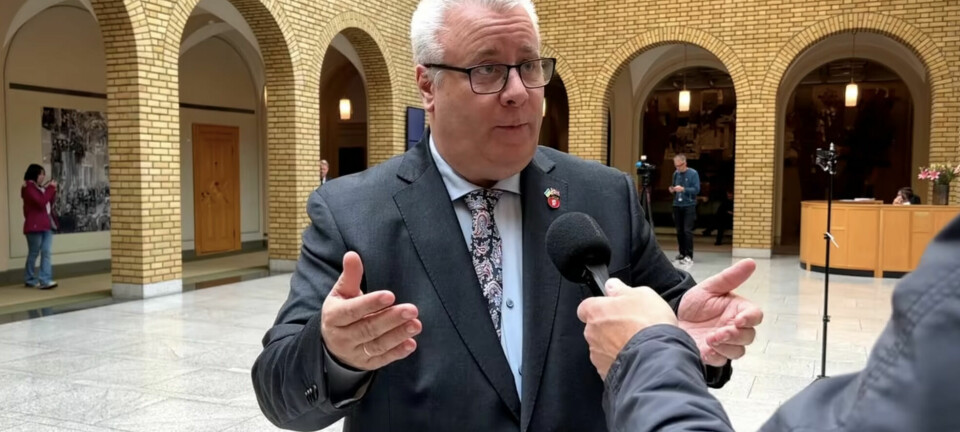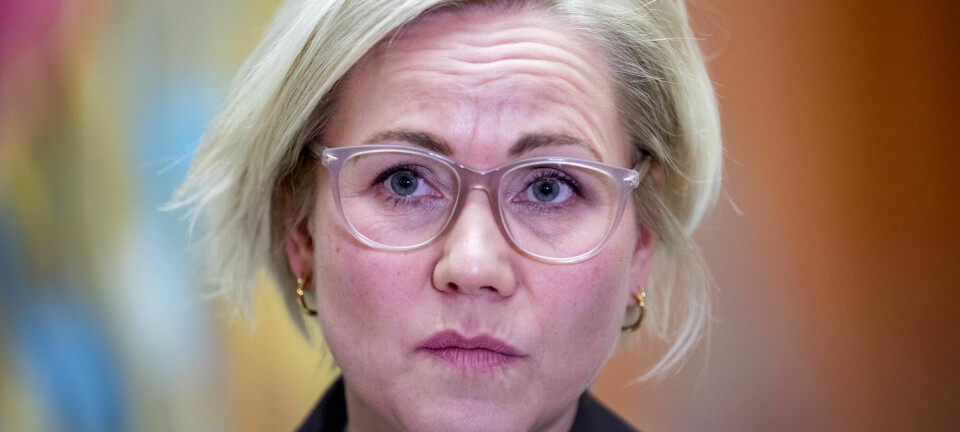Legemidler og biotek
Professor Jason J. Luke: - The cancer treatment landscape is exploding with possibilities
Patients with malignant tumors treated with immunotherapy have received significant clinical benefits over the years. Immune checkpoint blocking agents such as anti-CTLA-4 and anti-PD-1 monoclonal antibodies, have produced impressive clinical results in different types of cancer. - Our emphasis is to completely cure the patients. However over the near term, really maximizing the use of drugs that we have to improve the survival of individual patients is what we are going to focus on.
Says professor Jason J. Luke who last week gave a presentation on Cancer Crosslinks 2020 in Oslo.
The treatment of metastatic melanoma has seen a rapid growth over the past 10 years, explains Luke. In the past, treatment was limited to chemotherapy and interleukin-2. A number of agents have been approved for the treatment of patients with metastatic disease, including combinations of BRAF and MEK inhibitors, as well as immunotherapy with PD-1 inhibitors alone or in combination with CTLA-4 inhibitors. These novel treatments have shown an overall survival benefit in the metastatic setting. Now, the field has 5-year overall survival data suggesting that at least 50% of patients who develop metastatic melanoma will live for at least 5 years, Luke says.
Actionable biomarkers
-Immuno-therapy has a profound effect on several cancer patients, but who are not responding well to immunotherapy?
-There are certain tumor types like melanoma and lung cancer that disproportionately benefit, but even within those tumor types some patients are not benefiting. It is quite clear at this point that this tend to be patients whose tumors have low expression PD-L1, or if we profile with next generation sequencing, have low expression of genes centering on interferon gamma or low levels of mutations in their tumors. So these are all already actionable biomarkers that we can include when we think about how we are going to treat individual people.
The standard of care the next 3-5 years
-The standard care today is checkpoint inhibitors like PD-1 and CTLA-4. What do you think the standard of care will be in the next 2-5 years?
-Immunotherapy has come forward with the checkpoint molecules you mentioned , and I think currently where we are seeing those in combination with chemotherapy or other standard of care therapies emerging forward. So I think moving 3-5 years from now what we need to see is who can get immunotherapy only or who needs immunotherapy with standard therapy like chemotherapy or radiation and these kinds of treatments. So I really think that this will be the next generation question: How do we separate these two things?
Maximizing the use of existing drugs
-So you believe the movement away from monotherapy to more diverse types of therapy is in your opinion the way forward?
-Yes, a combination of treatments.
-You have said that the future treatment landscape will be more similar to how we treat chronic diseases, can you elaborate on this?
I would not say that we are beholden to that. But that we can induce these immune responses which are sometimes incomplete, but we can move that forwards to improve the outcome for patients over a long period of time. So clearly our emphasis is to eventually get to a place where we can completely cure the patient. However over the near term, really maximizing the use of drugs that we already have to improve the survival of individual patients is what we are going to focus on.
The landscape is exploding with possibilities
-Looking further ahead. Can you tell us about the next generation of immunotherapy and precision medicine. You are focusing on phase 1 clinical trials. You are actually looking into the drugs that possibly will be available in the next 5-10 years. Can you tell us about the future landscape you observe?
-The landscape is exploding with possibilities. And really what I think the emphasis should be is to incorporate the knowledge we already have to better understand what can be done. When we think about separating patients tumors by whether or not there is an immune infiltrate (inflamed) already or if we need to stimulate such an immune infiltrate, that can actually tell us which categories of new drugs we want to apply for different people. Say there is already an immune response, adding another checkpoint like LAG-3 og TIM-3 might be a priority. If however there is not already an immune response, maybe stimulating that immune response through dendritic cells and type 1 interferon activation may be the priority (there) so that we can start prime the pump so we can give immunotherapy a chance to work.




